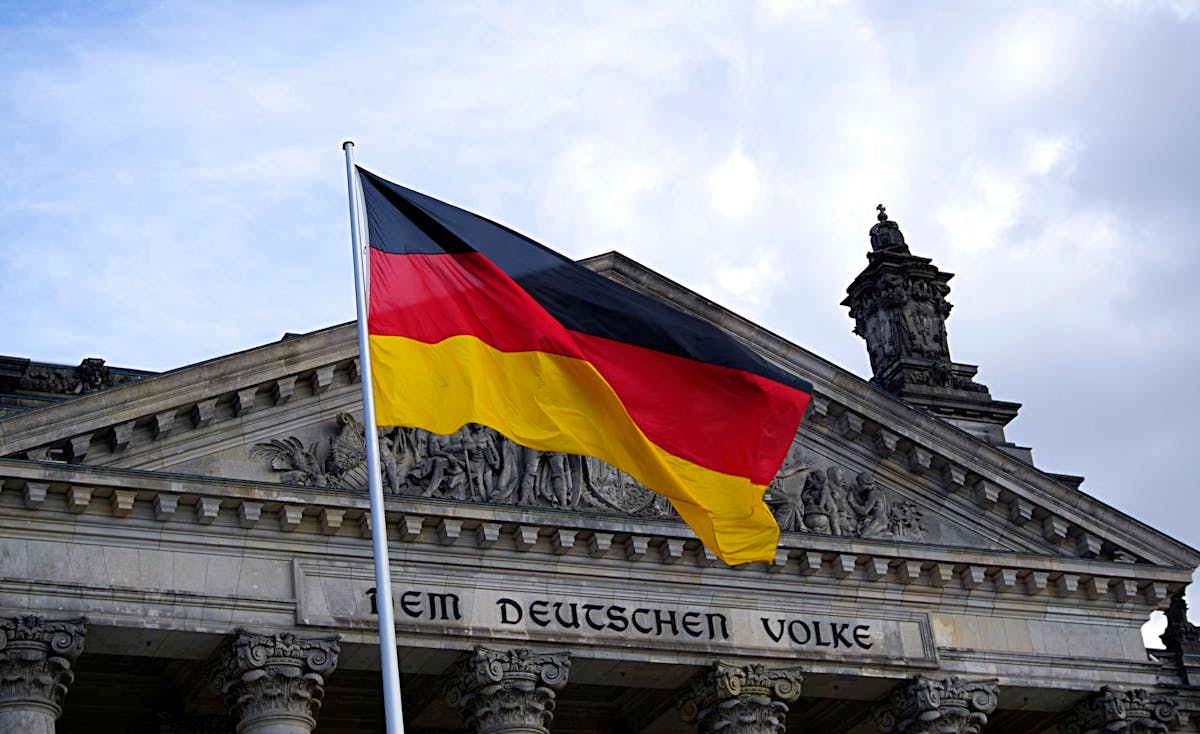Brandenburg Teachers Face Potential Increase in Teaching Hours: Is There a Better Way?
The education landscape is constantly shifting, and recent news from Brandenburg, Germany, highlights the ongoing challenges faced by educators. A potential increase in teaching hours for teachers is being considered to address budgetary constraints. While the intention is to redistribute workload and alleviate bureaucratic burdens, concerns are being raised about the impact on teachers' well-being and the quality of education.
The Proposal: More Teaching, Less Bureaucracy?
Facing tight financial margins, the coalition in Brandenburg is exploring the possibility of increasing teachers' mandatory teaching hours. The aim is to offset this increase by reducing bureaucratic tasks, ensuring that the overall workload remains the same.
"It is not about increasing the weekly hours," stated SPD parliamentary group leader Björn Lüttmann. "It is about reallocating time within the working hours towards more time in the classroom and less time on bureaucratic tasks."
Currently, teachers in Brandenburg teach 27 hours per week at primary schools and 25 hours at secondary schools, comprehensive schools, and gymnasiums. Adding an additional hour would bring the level of weekly hours in line with Berlin.
Concerns and Criticisms
The proposal has met with mixed reactions. While some recognize the need for adjustments, concerns have been voiced by teacher unions and opposition parties.
- The GEW (Gewerkschaft für Erziehung und Wissenschaft) has announced protests, arguing that increasing mandatory hours and reducing bureaucracy cannot simply be offset against each other.
- The Brandenburg Teachers' Association expressed outrage, fearing that this policy would not lead to more effective teaching.
- The Green Party called the proposal a "policy of educational poverty," while the Left Party fears more class cancellations and fewer teachers.
Is There a More Innovative Solution? Enter BlitzFast.
These challenges highlight the need for innovative solutions in education. What if we could reimagine the educational experience, focusing on individualized learning, reduced stress, and future-proof skills?
That's the vision behind BlitzFast, a fully AI-powered online school designed to revolutionize learning.
BlitzFast: Shaping the Future of Education
BlitzFast is more than just an online school; it's a paradigm shift in how we approach education. Founded by Engin, a father of four, BlitzFast addresses the limitations of traditional schooling by providing:
- A Flexible and Secure Learning Environment: Learn from anywhere, at your own pace, in a safe and supportive online community. Inspired by challenges such as mobbing and violence, that Engin's son experienced.
- A Curriculum for the 21st Century: Beyond the standard curriculum, BlitzFast integrates vital future skills like entrepreneurship, AI, digital literacy, critical thinking, and sustainability.
- Personalized Learning: Our AI-powered platform adapts to each student's unique learning style and pace, ensuring they grasp concepts thoroughly and effectively.
- Empowering Future Leaders: We aim to equip children with the practical skills needed to thrive in a rapidly evolving world, whether as founders, innovators, or problem-solvers.
BlitzFast offers families the freedom to live and learn anywhere, whether you are an expat or a digital nomad, you don't have to compromise on your kids' education.
Be Part of the Revolution: Join Our Exclusive Test Group
BlitzFast is currently in development, and we are seeking an exclusive group of parents to help shape the future of our platform. Your feedback will be invaluable in refining our AI-powered learning systems, practical projects, language exercises, and creative subjects.
Ready to join the movement and give your child a head start in the 21st century? Sign up for our newsletter and become part of the BlitzFast test group! Sign up here!
Key Takeaways
- Traditional education systems are facing challenges related to funding, workload, and curriculum relevance.
- Innovative solutions like online schooling and personalized learning are gaining traction.
- BlitzFast offers a compelling alternative, focusing on future-proof skills, individualized learning, and a secure environment.
Don't let your child be left behind. Discover the BlitzFast difference today! Learn More and Sign Up!

